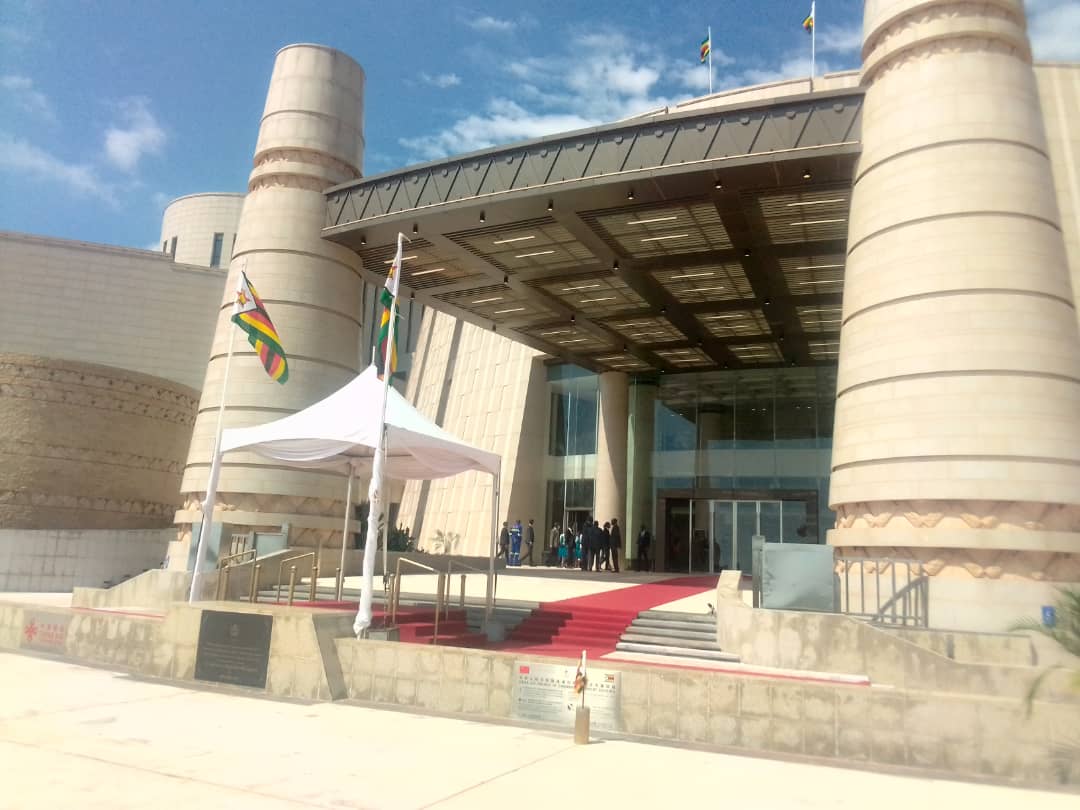|
Getting your Trinity Audio player ready…
|
The Zimbabwe Gender Commission (ZGC) has noted with concern the position that was taken by Parliament to retain the nomination fees for all electoral candidates. This is a major systemic barrier to women’s participation in taking up leadership positions in the upcoming harmonised elections set for August 23, 2023.
The fees published by the Zimbabwe Electoral Commission (ZEC) through SI144/2022 increased from USD1000 for Presidential Candidates to USD20000, for election to a constituency from USD50 to USD1000, and for party lists from USD100 to USD200.
With less than 48 hours to go before the closure of the nomination court, ZGC said it has received numerous distress calls from potential candidates, most of whom have been preparing to participate in the country’s political arena in various positions.
In line with the objective to ‘promote constitutionalism’ and ‘to ensure that injustices are remedied’ as part of the mandate to ‘monitor issues concerning gender equality to ensure gender equality as provided in the Constitution’, the Commission has since 2018, been monitoring women’s political participation in politics and decision-making and to that effect has engaged ZEC, political parties, Parliament, civil society and other stakeholders.
More recently, and in response to recommendations from political parties in parliament, ZGC has worked with partners to facilitate training for 239 women under the Women Rise in Politics (WRiP) programme, encouraging political candidature across all parties.
“It is a well-known fact that women’s unequal access to economic resources is one of the major causes of low representation of women in political leadership. ZGC, therefore, reiterates its heightened concern about the current nomination fees, which remain prohibitive, particularly in cases where candidates may be asked to make their way without financial support.
“Exorbitant nomination fees that are not responsive to prevailing socio-economic conditions in Zimbabwe, if not addressed, only serve to further marginalise those aspiring candidates who are not able to pay expected amounts. Simultaneously, the fees have the potential to erode hopes for inclusion for marginalised groups, in turn presenting structural barriers to increased representation in leadership and decision-making,” the commission said in a statement.
ZGC applauded the adoption of quotas for increased representation of women and youth in the National Assembly as well as in local government.
They reiterated that it should however be noted that increased representation of other excluded groups cannot solely be through quotas as lessons learnt to date have shown that this has not led to an increase in statutory seats. Rather, the existence of such quotas has reportedly been used to discourage some aspiring candidates from seeking an election through direct elections.
ZGC said that over time, this led to the decreased representation of women outside of the quota system, regressing rather than increasing in line with constitutional aspirations, SADC Protocol on Gender and Development and the African Union Agenda 2063, AU Women Protocol and Sustainable Development Goals, among other instruments.
Statistics from the 2018 harmonized elections reveal regressing low women representation with 31.5% in the National Assembly (85 women, 60 of them coming in through the quota, making those directly elected, effectively only 11.9%) and a mere 13.3% in Local government (267 women against 1689 male councillors). In 2018, only 6 young women under 35 made it to parliament, making up only 2,85%.
The Commission thus implores all actors in the dialogue to review the decision around the nomination fees, payment processes and surrounding concerns, and in the absence of such review, institute administrative mechanisms for women’s candidature in direct elections to be visible in line with the envisaged pre-conditions for this election.
In the interest of refraining from interfering with the independence of other statutory institutions, ZGC has been monitoring the processes related to the various petitions filed on the issue of nomination fees.
In line with constitutional provisions Section 56 and 80 which clearly articulate the importance of gender equality and non-discrimination as well as women’s collective rights we call upon all other relevant stakeholders to:
- Review the provisions of SI144/2022 to enable the fees to be accessible by aspiring women committed to participating in the 2023 Harmonised Elections.
- Alternatively facilitate an enabling environment for women’s participation, which may include but should not be limited to a waiver of a percentage of the fees and or support of women’s candidature through acceptable sponsorship packages.
- Exhibit political will to enable women to contest in the direct elections through the First Past the Post system.
- To adopt a robust communication mechanism to enable the address of all forms of gender-based discrimination on the political terrain.
